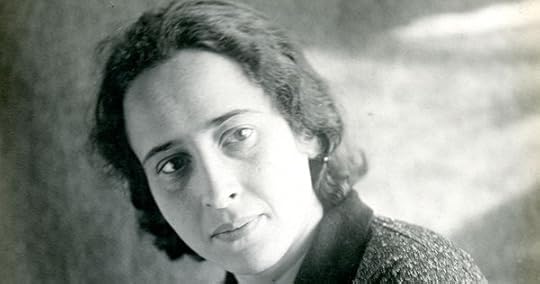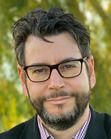A sort of foreword: HANNAH AND THE MASTER

The knot of this not-novel cannot be untied without dissociating its components: the thought and image of Hannah Arendt’s struggle to think the human condition in the shattering light of mass death against the atavistic existential lure of her master Heidegger, who taught that our only authenticity emerged in our being-toward-death. In undoing, never entirely, his influence so as to think anew—the possibility of newness, natality, something like the birth of a radical hope—Arendt was like Whitman: “He most honors my style who learns under it to destroy the teacher.” MASTER after all, first and last, means teacher. HANNAH, from the Hebrew means favor or grace, specifically in the context of Samuel’s mother Hannah in the books of the Hebrew Bible that bear not her name but his. The Lord graced the infertile Hannah with a child only after she swore that no razor would touch her son’s head. That son would grow up to anoint Israel’s first king, but only after warning the Israelites what a king really is: a man who takes from the people what is rightfully theirs. They of course didn’t listen, and so Saul was crowned, and history went its ugly bloody way. But it might have been otherwise. That otherwise, that counter-history, begins with HANNAH pouring out her soul before the Lord. It begins with grace.
HANNAH stands thus twice removed from the kingship and polity, she makes possible. Call it a critical distance. Call it a capacity for doubleness in thought. Call it the enabling space of her retort against Being-toward-death: love of the world.
This book began as a attempt to think with the tools made available by the experience of the horrors of the twentieth century the horrors of the twenty-first. Against what I call the WAVE, the rising seas of fascism and the fascism that may be furthered and enabled by the fact of rising seas. The desert-jungle of the real, at once impoverished and overgrown, entangled with ideas of selfhood and nationhood that have passed their day. This book is a katabasis, a nekuia, a Greek search through the entrails of specifically Jewish patterns of twentieth century thought. It is a work of speculative fiction. It is a play, not for the stage maybe, but a theatricalization of ideas and affects, clashing and colliding. Hannah is the protagonist, metamorphosing as she goes from replicant to rebel, assisted and impeded by a chorus of secular saints: Benjamin, Celan, Weil. Heidegger is the antagonist, the atavist. The Shoah is the background that won’t stay background, that migrates into the now. Protagonist and antagonist are lovers. They grapple one another. They hurtle their bodies into the abyss between their opposing patterns of thought.
The oncoming WAVE does not cover this struggle; it reveals it.
This book is for Hannah Arendt and the doubleness of her thought.



